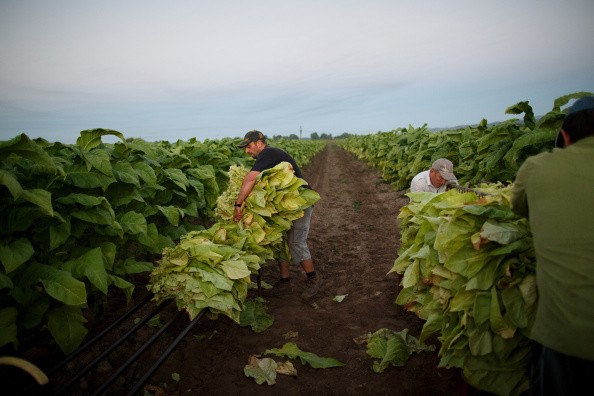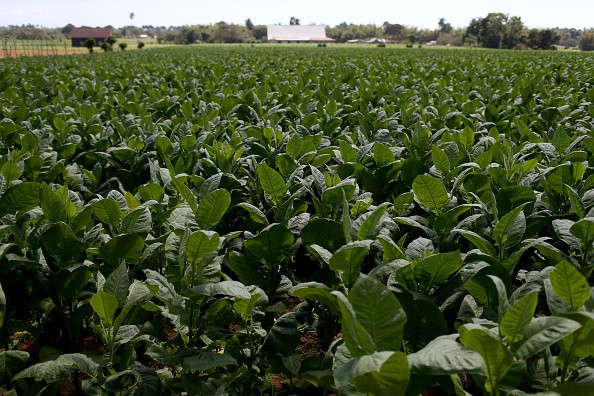Scientists all over the country are testing a new two-dose COVID-19 vaccine candidate that is based on plants. Produced by Medicago vaccination, a biopharmaceutical company in Canada, the shot makes use of tobacco shrub to manufacture coronavirus-like particles.They help the body to be aware of the pathogen so that it can bring about an immune response and set an attack in motion if a person becomes infected.

Virus-like Particles (VLPs).
If the late-stage clinical trial confirms the candidate is successful, it could be quicker and less expensive to make - and easier distribution - than other vaccines that are available.
Medicago's coronavirus vaccine is produced with the use of tobacco plant variant and uses Virus-like particles (VLPs).
VLPs, which are molecules that closely look alike but are non-infectious because they do not possess genetic material, are inputted into the soil and taken in by the plant as it develops. It then resembles the shape of the coronavirus to nurture the immune system to recognize it and mount an immune response.
This is dissimilar from the vaccines approved for use during an emergency by the U.S. Food and Drug Administration (FDA), which select just the spike protein on the surrounding of the virus, instead of looking like the entire structure of the virus.
Producing a Virus
Dr. Matthew Hong, of Wake Research in Raleigh, North Carolina, said to ABC News: "All you have to do is take out the spike protein from the plant from the leaves, and you can have the vaccine."You don't really require all the framework and all the other support systems, and all the instrument and equipment that goes into producing a virus."
"This could make the vaccine quicker and less expensive to produce than other vaccines on sale, such as from Moderna or Pfizer. It also does not require to be preserved at freezing temperatures, making it simpler to send to clinics."

The Centers for Disease Control and Prevention (CDC)
Also, because the particles are gotten from plants, it could restrict the number of adverse reactions people who take the shot experience.
This is mainly important in light of the Centers for Disease Control and Prevention (CDC) and the FDA proposing clinicians discontinue the use of the Johnson & Johnson last week after nine reports of uncommon, but severe, blood clots out of over 7.2 million vaccinations.
The principal investigator for Be Well Clinical Studies, Dr. Mark Carlson, the Nebraska arm of the experiment, says this new candidate has seen no connections to blood clots. Carlson told KETV: "Thus far, the safety outline from the Medicago pre-clinical data and also the phase one and phase two data has shown nothing regarding blood clotting or any other safety flags."
Initial data from the phase I trial discovered the vaccine manufactured 10 times as many antibodies in receivers compared to those who had gotten infected with the virus.
Related Article : Man, 91, Goes Into Shock After Mistakenly Getting 2 Doses of COVID-19 Vaccine in a Day
For more news, updates about COVID-19 vaccine and similar topics don't forget to follow Nature World News!
© 2025 NatureWorldNews.com All rights reserved. Do not reproduce without permission.





